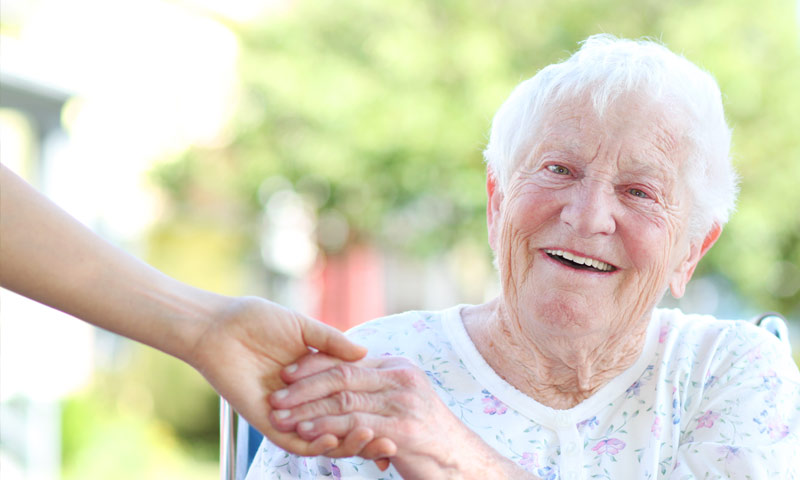Latest News from Everycare

Jane Townson, chief executive of UKHCA, which represents home care companies, is calling for home care to be “centre stage” in the government’s battle to contain the coronavirus.
Both home care and live in care services can provide a huge contribution to keeping the vulnerable in society safe in their own homes avoiding hospital visits and reducing pressure on the NHS during the pandemic.
She argues that home care often prevents “unnecessary admission” to care homes and hospitals as it enables to people to stay living well and independently at home.
Consequently she says preventing these unnecessary admissions “should be a priority” and “supporting people at home, as far as possible, would be an intelligent and cost-effective strategy for the nation’s health and well-being”. However she says: “Instead, the opposite is happening. The majority of public and private funding, as well as media attention, is focused on hospitals and care homes, which between them support only 0.5 million people at a time.
To read the full story visit the Homecare.co.uk website.
In an exclusive video interview, Home Care Insight editor Sarah Clarke spoke to Dominique Kent, co-founder of the Live-in Care Hub and chair of the United Kingdom Home Care Association.
https://www.youtube.com/watch?v=gDReGGtGovo&feature=emb_logo
She discusses a campaign to recruit 21,000 more care workers to the sector amid the coronavirus crisis and says the Hub, and the 21 live-in care providers within it, are ready to “step up” and create capacity planning for NHS discharge teams in order to get people home from hospital safely.
Kent and her peers are working hard to convince NHS trusts that live-in care is a safer alternative to discharging people into a care homes and mitigates the risk of COVID-19 cross-transmission between residents.
For more on this story and to watch the interview – CLICK HERE
 Coronavirus – Everycare Cardiff is able to immediately provide whatever support you or your family require during this difficult time.
Coronavirus – Everycare Cardiff is able to immediately provide whatever support you or your family require during this difficult time.
If you are currently self isolating due to coronavirus and you need assistance in respect to your personal care needs including help with shopping, domestic duties or other home care requirements, please contact us today.
All our care is provided by our highly trained and vetted care workers with experience of working in a wide variety of home care settings
Call us today on 029 2045 5300 for an immediate home care assessment.
We are actively recruiting.
Whilst we are taking all government advice and ensuring our staff and service users, families and community are as safe as they can be with all possible measures in place, we have also got to make sure we have ample staff to work with us whilst those who cannot – who are maybe self isolating or showing symptoms. Therefore, we are strongly recruiting for the domiciliary care department, the care homes and nanny department. All have availability now, in the medium term and potentially also long term.
Please email ellie@everycarenannies.co.uk with a CV, and an idea of hours you are available.




